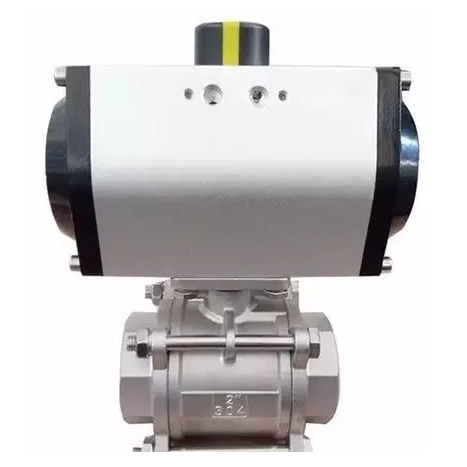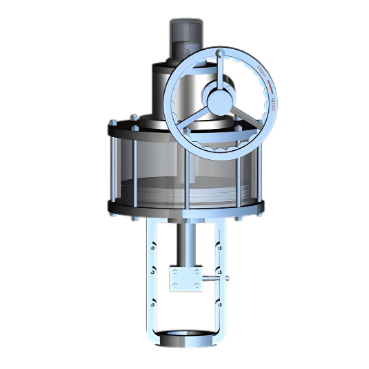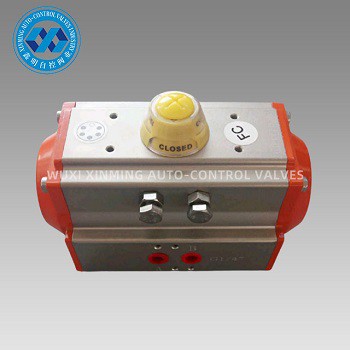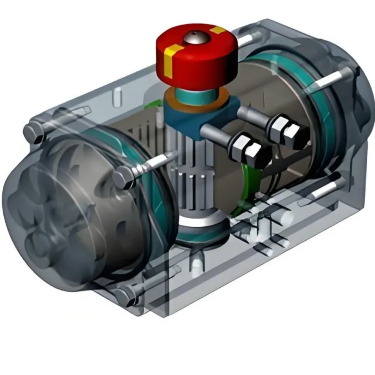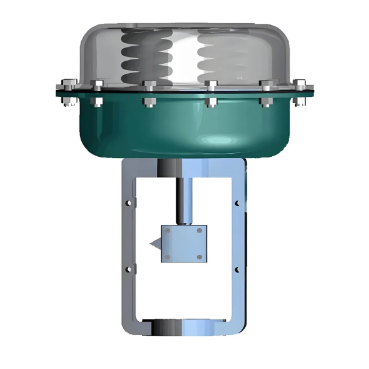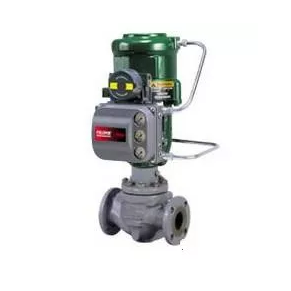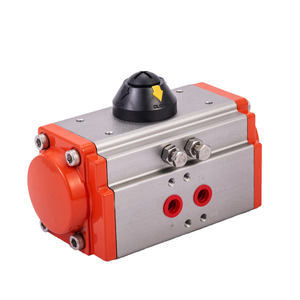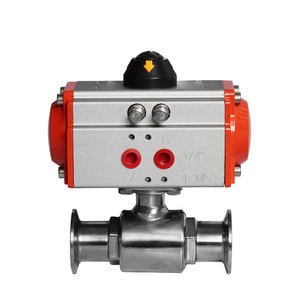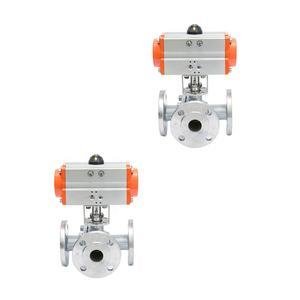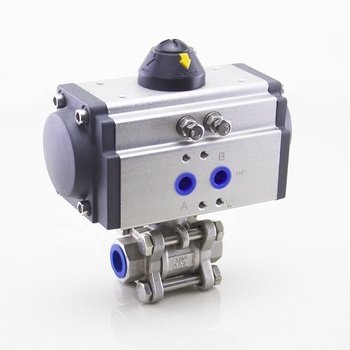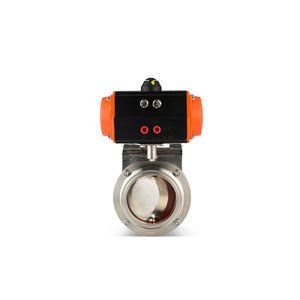Preventive maintenance is essential for
ensuring the reliability and longevity of pneumatic piston actuators.
Regular inspections are the first line of
defense. Check for visible signs of wear, such as scratches on the piston rod,
cracks in the housing, or leaks around connections. Monitor the actuator’s
operation for any abnormal noises, vibrations, or inconsistent movements, which
could indicate underlying issues.
Lubrication is crucial. Apply the
recommended lubricant to moving parts at the specified intervals. This reduces
friction, prevents corrosion, and extends the lifespan of components like
bearings and seals. Also, periodically clean the actuator to remove dust,
debris, and moisture that can cause damage over time.
Pay attention to the air supply system.
Ensure the air is clean and dry by regularly replacing air filters and checking
air dryers. Maintaining stable air pressure is equally important; use pressure regulators
and gauges to monitor and adjust as needed.
Finally, keep records of maintenance
activities, including lubrication, inspections, and any repairs. This helps
track the actuator’s performance over time and identify trends or potential
problems early. By following these preventive maintenance practices, pneumatic
piston actuators can operate efficiently and with minimal downtime.
If you want to learn more about low-priced products, please visit the following website: www.xm-valveactuator.com


